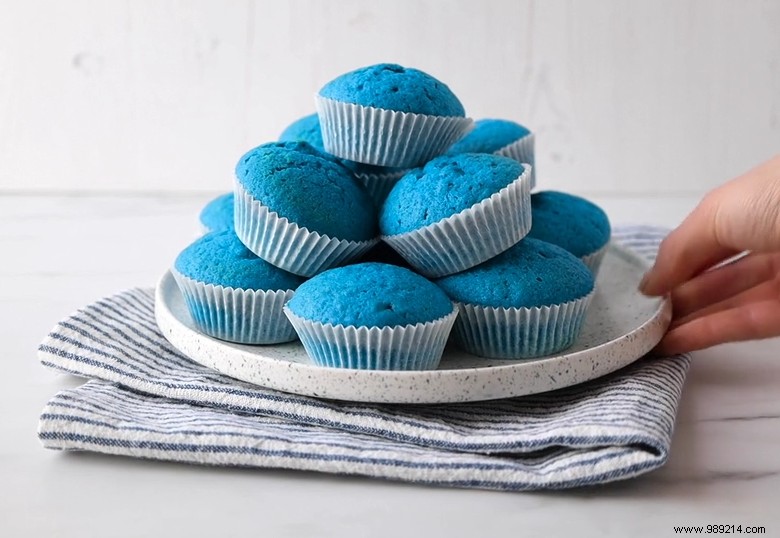British researchers have recently developed a simple and economical way to measure intestinal transit time very precisely. They simply made muffins containing blue food coloring. However, this means makes it possible in particular to evaluate the composition of our intestinal microbiota and therefore, our general state of health.
Let it be said, knowing a person's intestinal transit time is a good way to measure their state of health . This can also allow obtaining information on the interactions at work with regard to the microorganisms of the intestinal microbiota. However, the measurement of the transit time is rather expensive since it is usually done during laboratory studies, and this using state-of-the-art equipment . A study led by King's College London (UK) and published in the journal Gut March 15, 2021 reveals a rather interesting experiment.
The researchers' goal was to find a transit measurement method with similar accuracy to those of conventional methods. Nevertheless, it was a question of putting your finger on a more economical way without the need for large equipment, with the aim of allowing individuals to apply it . The study also aimed to better understand the relationship between transit time and the composition of the gut microbiota.

As part of their test protocol, the researchers simply used a blue dye in the baking of muffins that volunteers ingested. This allowed a better observation the consistency and frequency of stools and therefore to assess the good health of the microbiota. Next, the researchers believe that information about the microorganisms colonizing our gut was easier to obtain. Finally, the leaders of the study mention a very strong statistical correlation between the transit time obtained – using the method – and the composition of the microbiota.
In any case, this work is arousing great interest in the English-speaking world with the promotion of the Blue Poop Challenge . Indeed, a website has been created, communicating the recipe for blue muffins and explaining how the process works. In France, intestinal physiology researcher Filipe De Vadder (CNRS) – who did not participate in the study – recently invited his community to participate in this same challenge on Twitter (see below).